Lee, J.-K., Kim, S.-J., Ko, S.-H., Ouwehand, A. C., & Ma, D. S.
Abstract
Objective – Probiotic L actobacillus brevis CD 2 (CD 2) exerts anti‐inflammatory properties by preventing nitric oxide synthesis. It is hypothesized that oral application of CD 2 can inhibit naturally occurring gingival inflammation.
Materials and Methods – Thirty‐four healthy adults were randomized to receive L . brevis CD 2 lozenges or placebo, three times daily for 14 days. The subjects refrained from oral hygiene, the extent of which was determined at various time points.
Results – In both groups, bleeding on probing scores increased continuously throughout the study except on day 3. In the placebo group, scores increased significantly from 9.50 at baseline to 14.75 and 14.81 on days 10 and 14, respectively (P < 0.05). No significant change from baseline was observed in the CD 2 group. However, scores were consistently higher with placebo, and significant intergroup differences were observed on day 10. Plaque and gingival indices increased from baseline in both treatment groups, but no intergroup differences were observed. Measurements of immune markers in gingival crevicular fluid revealed increased production of nitric oxide in the placebo group (P < 0.05). Prostaglandin E 2 production decreased over time in both groups.
Conclusion – Lactobacillus brevis CD 2 may delay gingivitis development in this model by downregulating an inflammatory cascade.
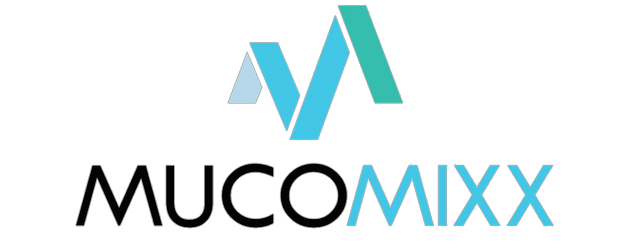
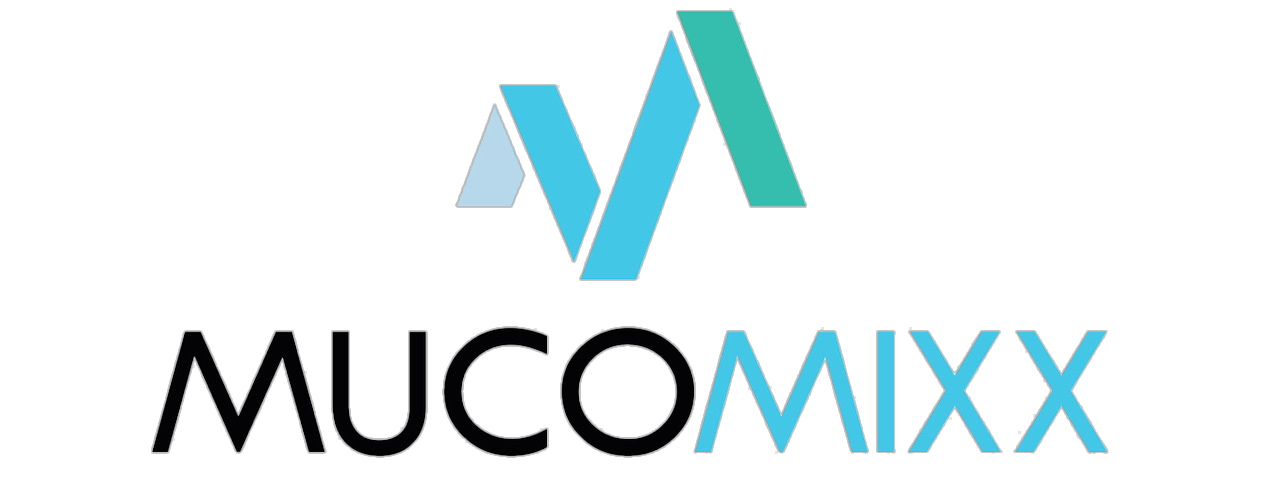

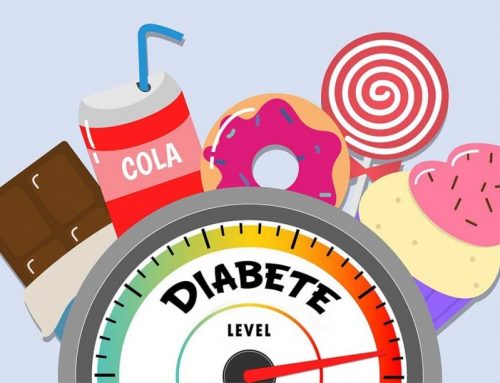
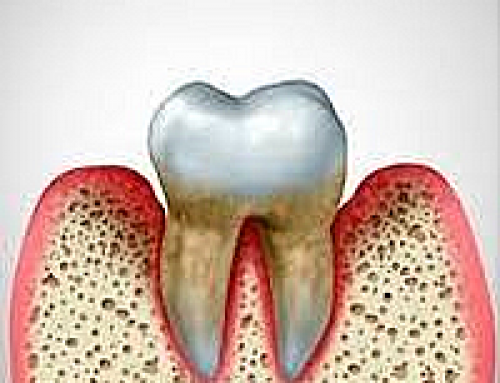
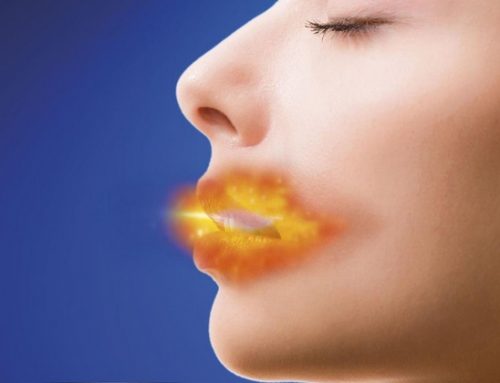


Scrivi un commento
Devi accedere, per commentare.